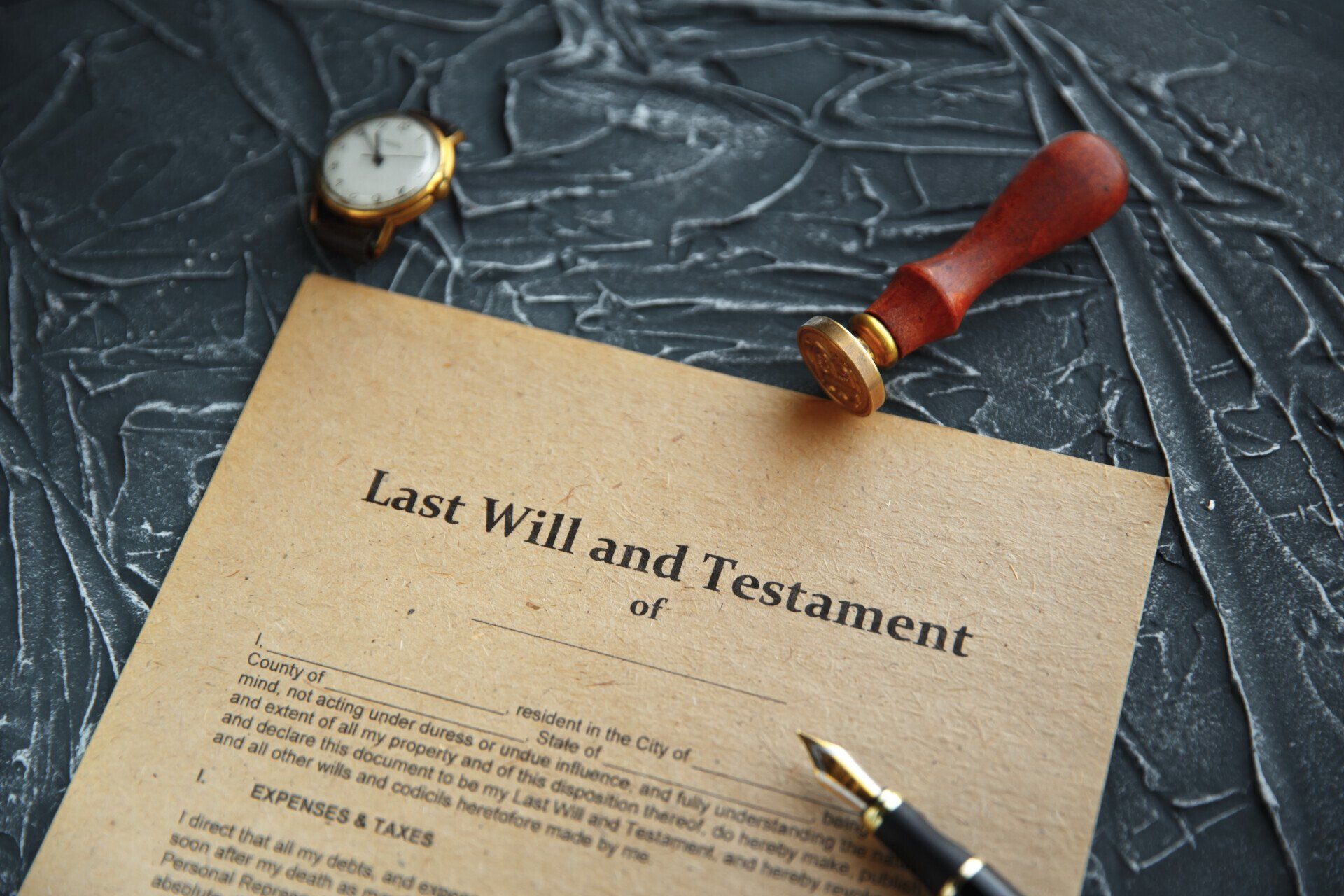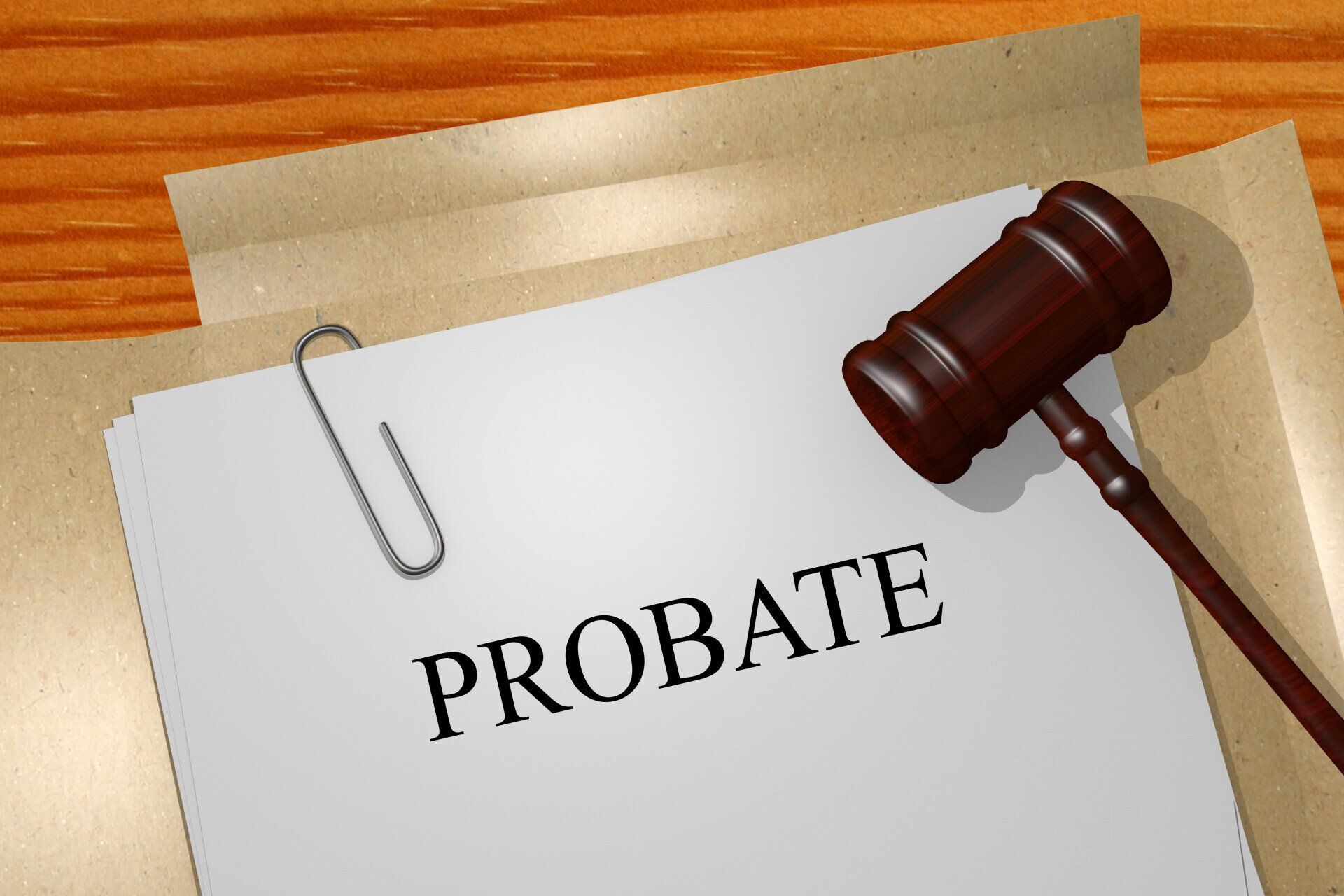What Happens when A Person Dies without A Will?
Perhaps the best way to explain the importance of developing an estate plan is to discuss what happens when a person passes away without one.
When examining a will and other estate planning documents, Florida probate courts refer to the deceased person as the “testator.” If a person dies without having created a will, they are said to have died “intestate.” A testator’s estate is distributed according to their estate plan, but if there is no will, the administration of the estate is governed by Florida’s law of intestate succession.
Essentially, the law of intestate succession creates a will for a person if they didn’t leave one of their own. It lays out an order of who will inherit the estate, according to the person’s family tree. Sometimes this leads to results that are similar to what the person would have wanted. Sometimes it leads to something very different. According to the unique facts of the case, much or all of the estate may go to an estranged spouse or a distant relative.
Another problem with intestate succession is simply that it takes time, and time is money. The money for court fees and other costs comes out of the estate. In many cases, this can mean little or nothing of the estate is left to go to the heirs.
The Spouse’s Elective Share
Intestate succession begins with a provision for the surviving spouse of the deceased. This is considered an “elective” share, meaning that the spouse can choose to take it or not.
If the deceased has no surviving children, or if all the surviving children are also the children of the spouse, the spouse gets the entirety of the estate. If the deceased has surviving children who are not also the children of the surviving spouse, the surviving spouse gets half the estate. And if the surviving spouse has surviving children who are not also the children of the deceased, the spouse get half the estate. The other half is divided between the surviving children and other heirs.
It’s relatively easy to see how this might play out in a case involving a family where both spouses had children from previous marriages. In such a case, the surviving spouse could elect to take half of the estate, leaving the rest to be divided among the children of the deceased spouse. Stepchildren could be left out.
Other Heirs
If there is no surviving spouse, succession goes first to any surviving children and descendants of the deceased, with each branch of the family receiving an equal share. If the deceased left no surviving children, the law of intestate succession dictates where on the family tree the court should look next.
The process can quickly get complicated, especially in cases with large extended families, where all the parties may not even know each other. These complicated cases take more time, and are therefore more expensive to resolve.
By creating your own estate plan, you allow your loved ones to avoid these complications and frustrations.











